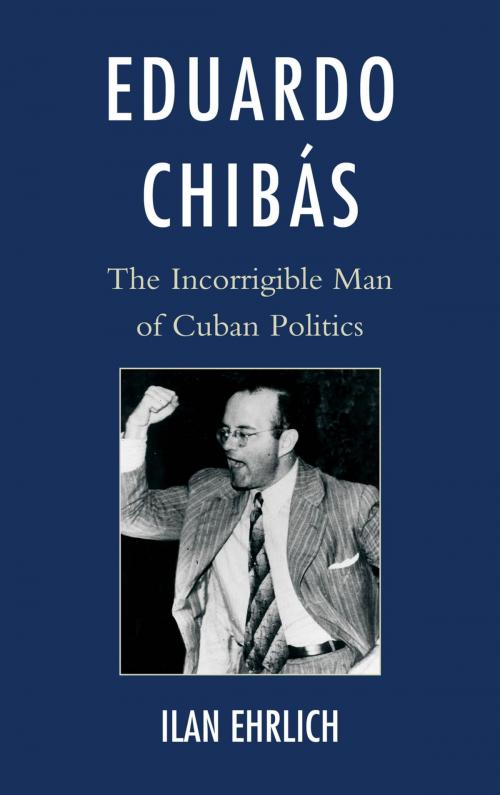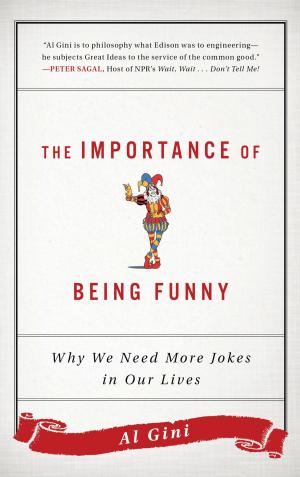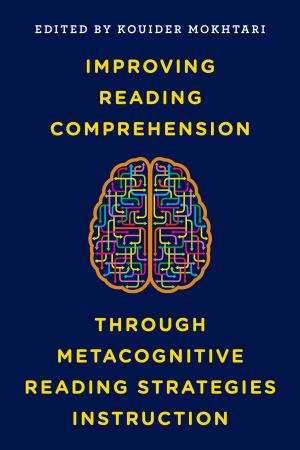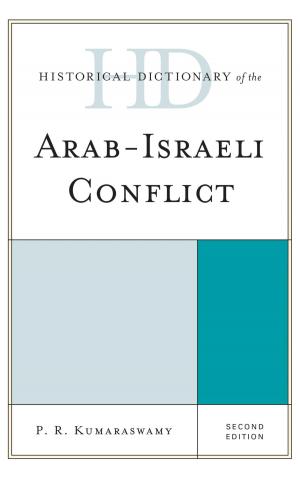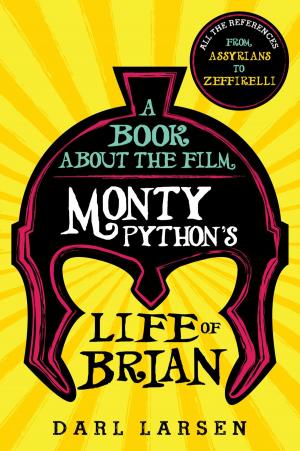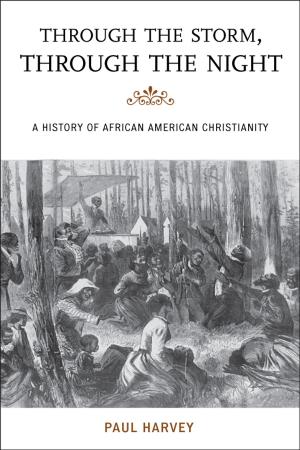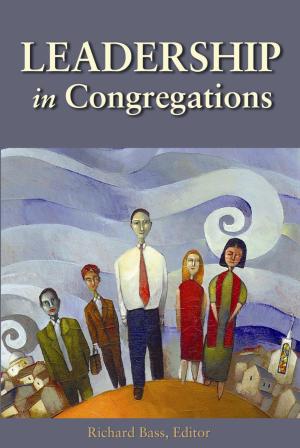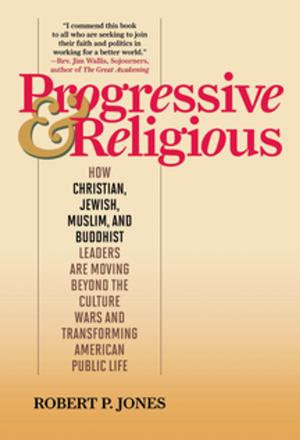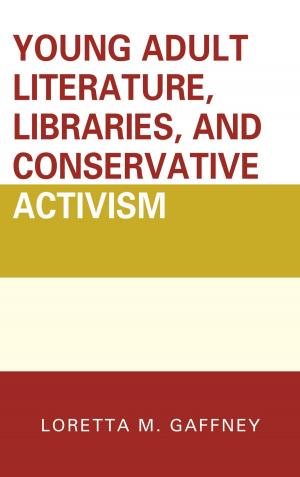Eduardo Chibás
The Incorrigible Man of Cuban Politics
Nonfiction, History, Americas, Latin America, Social & Cultural Studies, Political Science, International, Biography & Memoir, Political| Author: | Ilan Ehrlich | ISBN: | 9781442241183 |
| Publisher: | Rowman & Littlefield Publishers | Publication: | March 26, 2015 |
| Imprint: | Rowman & Littlefield Publishers | Language: | English |
| Author: | Ilan Ehrlich |
| ISBN: | 9781442241183 |
| Publisher: | Rowman & Littlefield Publishers |
| Publication: | March 26, 2015 |
| Imprint: | Rowman & Littlefield Publishers |
| Language: | English |
This comprehensive biography of Eduardo René Chibás (1907–1951) traces the life and times of Cuba’s most popular and charismatic politician during the late 1940s and early 1950s. Chibás, whose admirers included young Fidel Castro, emphasized honesty in Cuban public life and promised to sweep away corrupt politicians during his popular Sunday broadcasts. His ties with supporters, many of whom knew him simply as “Eddy,” were closer and more informal than any previous Cuban politician. During his 1948 presidential campaign, Chibás often hurled himself into the arms of adoring supporters after speeches. Such gestures were met with wonder and disgust by politicians more accustomed to buying votes than winning hearts. His suicide in 1951 dashed the dreams of his followers—who hoped he would deliver an honest government that provided services for the island’s poor and respected Cuba’s progressive 1940 constitution. His death, which was followed seven months hence by a military coup and eight years later by Castro’s revolution, represents one of the great what ifs of Cuban politics. This seminal work explores Chibás’s life in order to explain the nature of Cuban politics from the mid-twentieth century to today.
This comprehensive biography of Eduardo René Chibás (1907–1951) traces the life and times of Cuba’s most popular and charismatic politician during the late 1940s and early 1950s. Chibás, whose admirers included young Fidel Castro, emphasized honesty in Cuban public life and promised to sweep away corrupt politicians during his popular Sunday broadcasts. His ties with supporters, many of whom knew him simply as “Eddy,” were closer and more informal than any previous Cuban politician. During his 1948 presidential campaign, Chibás often hurled himself into the arms of adoring supporters after speeches. Such gestures were met with wonder and disgust by politicians more accustomed to buying votes than winning hearts. His suicide in 1951 dashed the dreams of his followers—who hoped he would deliver an honest government that provided services for the island’s poor and respected Cuba’s progressive 1940 constitution. His death, which was followed seven months hence by a military coup and eight years later by Castro’s revolution, represents one of the great what ifs of Cuban politics. This seminal work explores Chibás’s life in order to explain the nature of Cuban politics from the mid-twentieth century to today.
